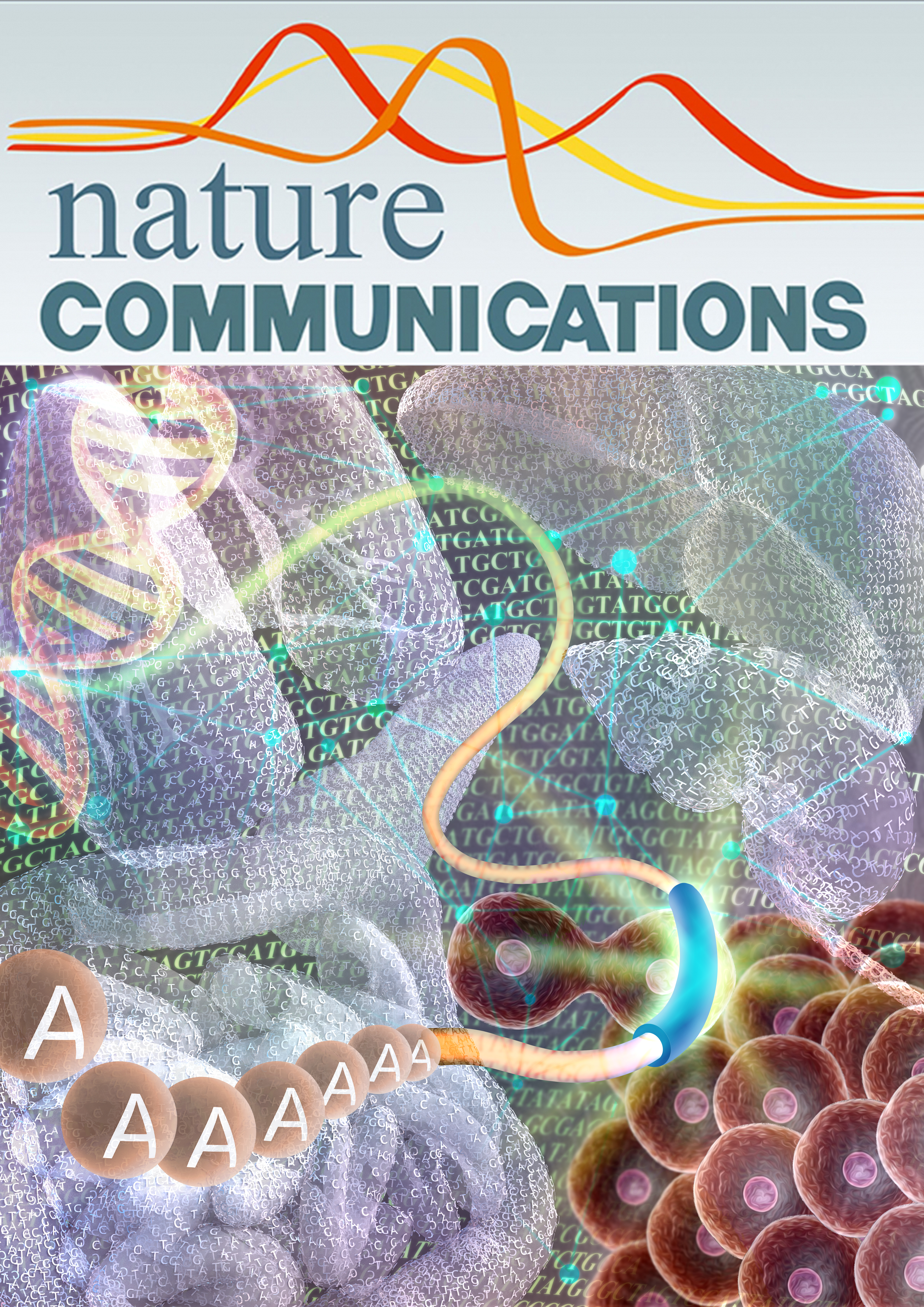Cold stress activates disease resistance in Arabidopsis thaliana through a salicylic acid dependent pathway
Zhenjiang Wu, Shiming Han, Hedan Zhou, Za Khai Tuang, Yizhong Wang, Ye Jin, Huazhong Shi, Wannian Yang
Plant, Cell & Environment, 42(9), 2645-2663. Published: May. 2019.
This study shows that short-term cold stress in Arabidopsis thaliana activates disease resistance through a salicylic acid (SA)-dependent pathway. A 10-hour cold exposure triggered immunity, H₂O₂ accumulation, and callose deposition, with transcriptome changes similar to those from pathogen infection. Cold treatment increased expression of SA pathway marker genes (PR2, PR5) while reducing jasmonic acid (JA) pathway markers. These findings reveal that cold stress can cross-activate innate immune responses in plants.

Natural variation in a short region of the Acidovorax citrulli type III-secreted effector AopW1 is associated with differences in cytotoxicity and host adaptation
Irene Jiménez-Guerrero, Monica Sonawane, Noam Eckshtain-Levi, Za Khai Tuang, Gustavo Mateus da Silva, Francisco Pérez-Montaño, Meirav Leibman-Markus, Rupali Gupta, Lianet Noda-Garcia, Maya Bar, Saul Burdman
The Plant Journal, 117(2), 516–540. Published: Oct. 2023.
This study reveals that AopW1, a type III effector from Acidovorax citrulli, targets the endoplasmic reticulum, chloroplasts, and plant endosomes, with the endosome-associated protein EHD1 mitigating its cytotoxic effects and promoting defense. These findings provide the first evidence for EHD1 involvement in plant responses to bacterial effectors and expand our understanding of the HopW1 effector family.

Pst DC3000 infection alleviates subsequent freezing and heat injury to host plants via a salicylic acid-dependent pathway in Arabidopsis
Za Khai Tuang, Zhenjiang Wu, Ye Jin, Yizhong Wang, Phyo Phyo Zin Oo, Guoxin Zuo, Huazhong Shi, Wannian Yang
Plant, Cell & Environment, 43(3), 801–817. Published: Dec. 2019.
This study shows that pathogen infection can enhance plant tolerance to cold and heat stress through a salicylic acid (SA)-dependent pathway. In Arabidopsis thaliana infected with Pseudomonas syringae pv. tomato DC3000, pathogen-induced defenses alleviated damage from subsequent 38 °C heat and cold stress. Transcriptomic and qPCR analyses revealed upregulation of cold signaling genes (ICE1, CBF1, CBF3) and heat signaling genes (HSFs, HSPs), while this effect was lost in SA-deficient or SA-pathway mutant plants.

Drought recovery in plants triggers a cell-state-specific immune activation
Natanella Illouz-Eliaz, Jingting Yu, Joseph Swift, Kathryn Lande, Bruce Jow, Lia Partida-Garcia, Za Khai Tuang, Travis Lee, Adi Yaaran, Rosa Gomez Castanon, William Owens, Chynna R. Bowman, Emma Osgood, Joseph R Nery, Tatsuya Nobori, Yotam Zait, Saul Burdman, Joseph R Ecker
Nature Communications, 16, 8095. Published: August. 2025.
This study examines drought recovery in Arabidopsis thaliana using fine-scale RNA sequencing and single-nucleus transcriptomics. Thousands of recovery-specific genes were rapidly activated within 15 minutes of rehydration, with distinct cell type-specific transcriptional states emerging independently. Recovery also triggered immune system activation, enhancing pathogen resistance in A. thaliana, wild tomato, and cultivated tomato, suggesting that drought recovery-induced immunity plays a key role in preventing post-rehydration infections..
